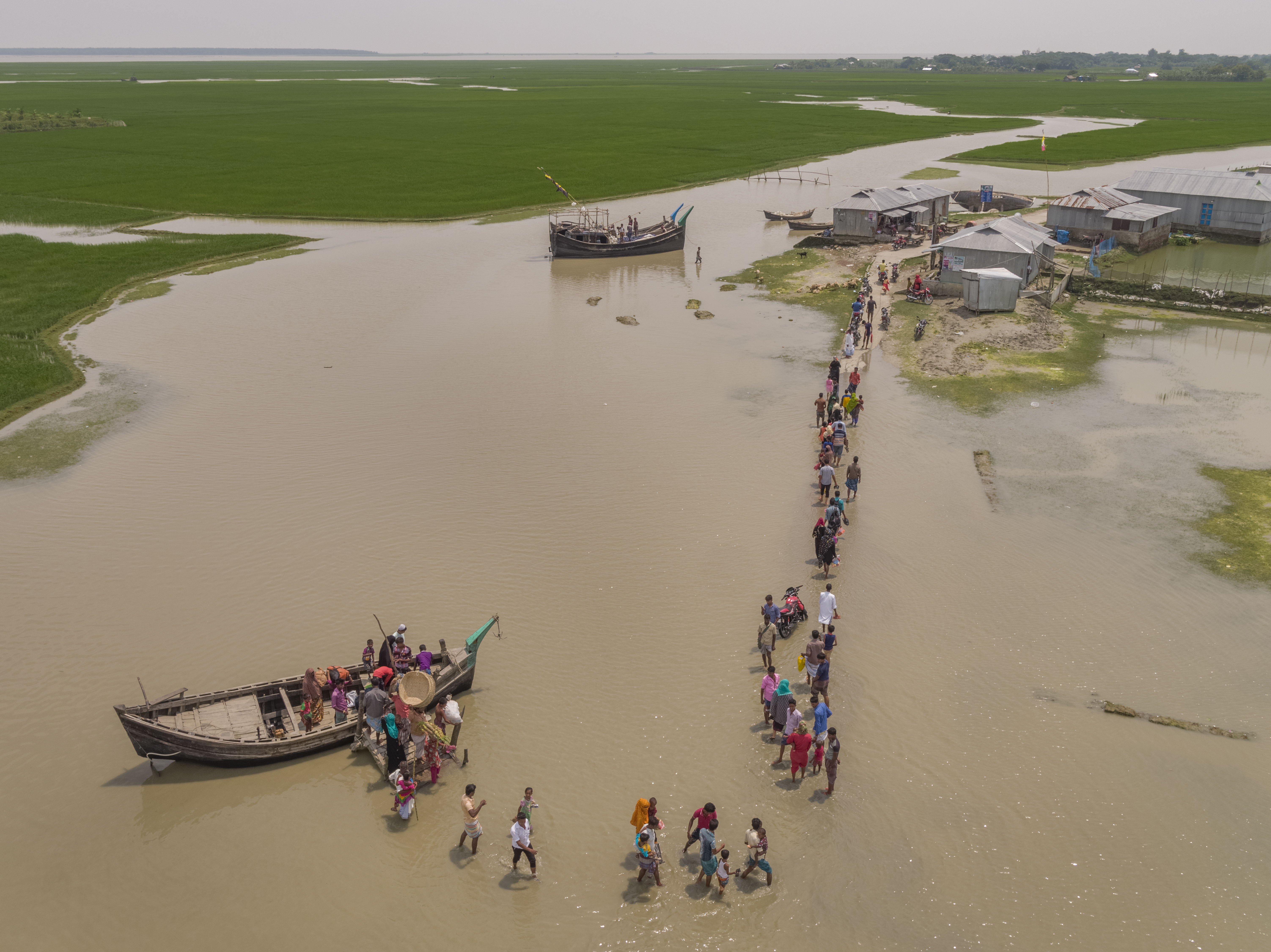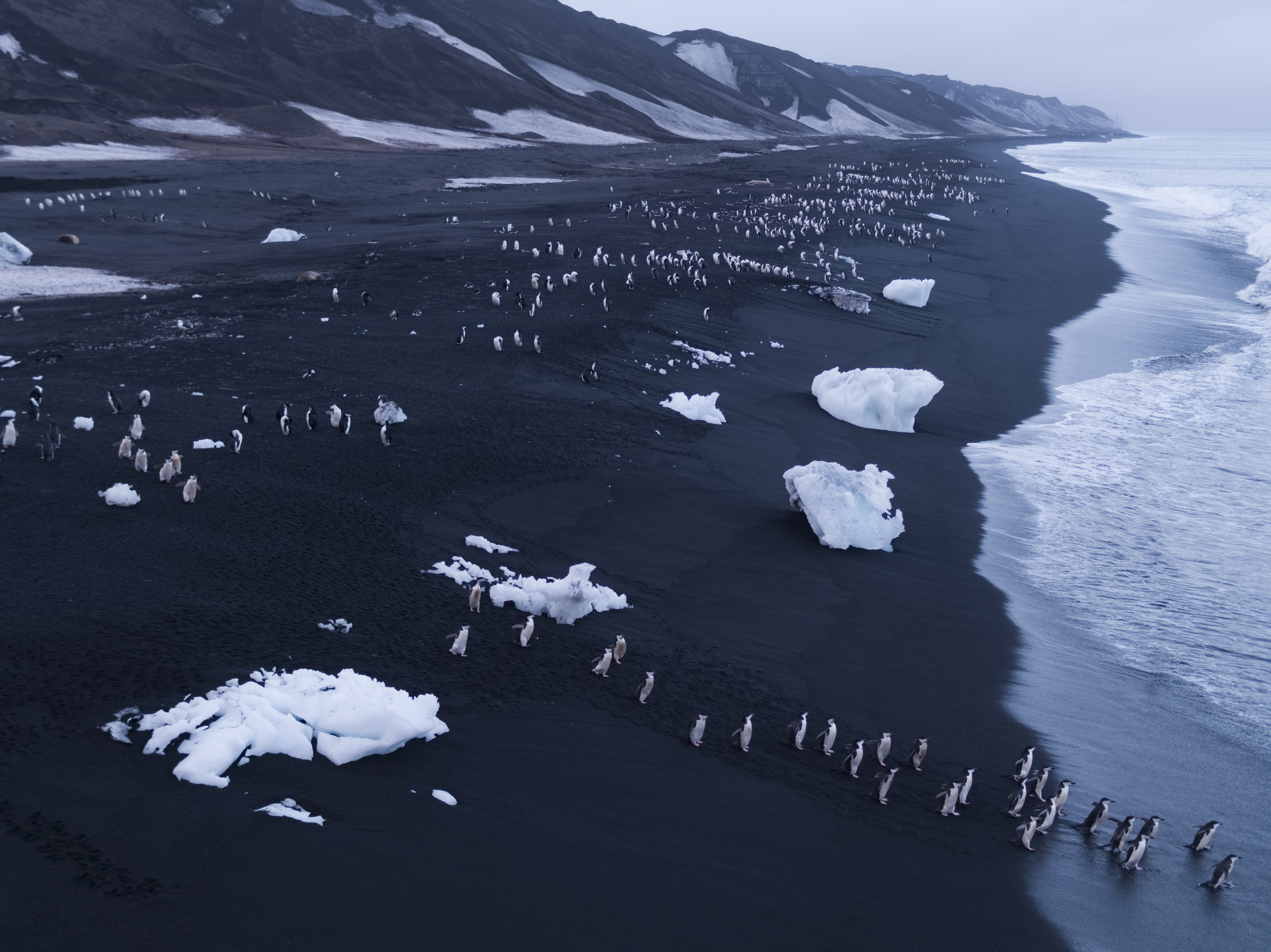
Nathaniel Rich is a novelist and a writer-at-large for The New York Times Magazine. His most recent article is "Losing Earth: The Decade We Almost Stopped Climate Change."
"There's a huge opportunity with climate change because we talk a lot about the political issue with it, the industry story and the scientific story, but we don't talk about the human story. And I would say that not only is it a big human story, but it is the human story. ... With every step of the ladder that we've advanced, we're borrowing from our future. I don't think we've reckoned with that in a serious way."




